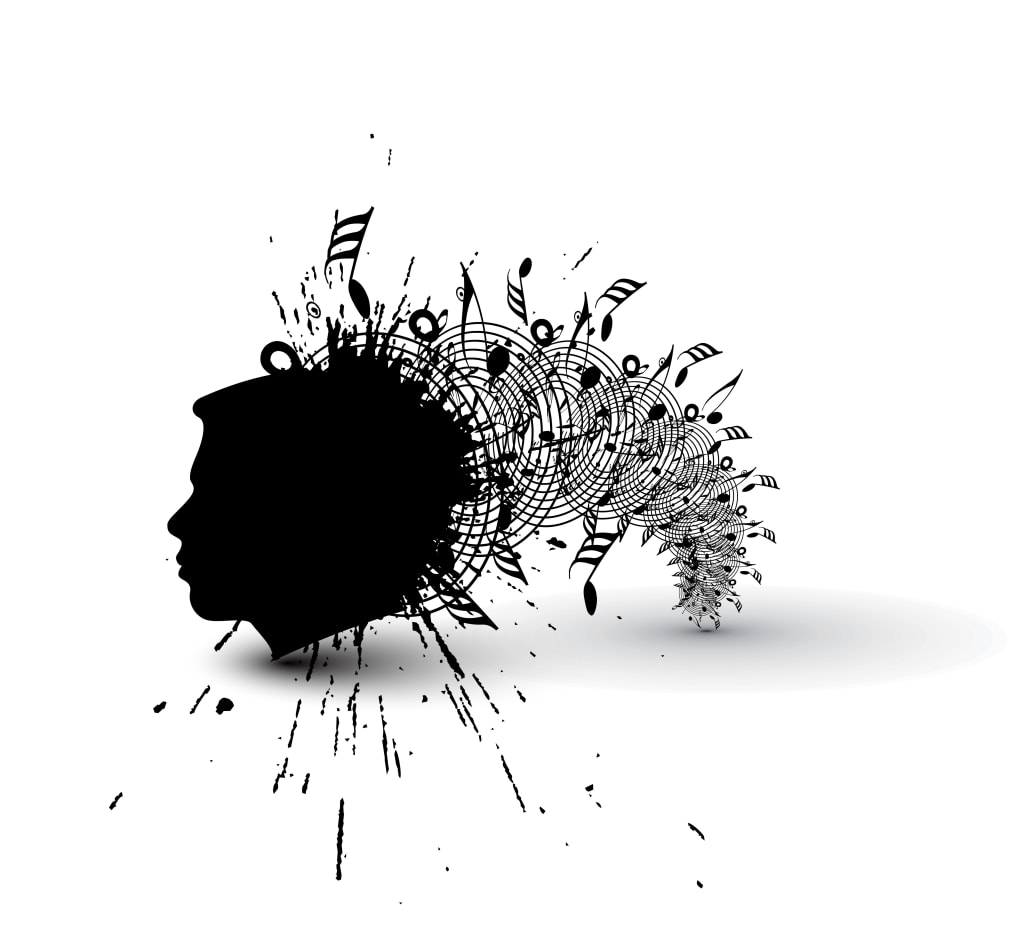
Introduction
Music, with its ability to evoke emotions, stimulate memories, and influence mood, has long been a subject of fascination for psychologists. The intricate relationship between psychology and music is a captivating field that delves into the cognitive, emotional, and social dimensions of human experience. This article explores the profound impact music has on the human psyche, shedding light on the ways in which our minds and emotions intertwine with the melodies and rhythms that surround us.
The Emotional Power of Music
One of the most remarkable aspects of music is its potent ability to evoke emotions. Whether it's the uplifting notes of a symphony or the melancholic strains of a ballad, music has the power to elicit a wide range of emotional responses. Psychologists study how different musical elements, such as tempo, pitch, and rhythm, influence our emotional states. For example, fast-paced and upbeat music is often associated with feelings of joy and excitement, while slow and melodic tunes may evoke a sense of calmness or introspection.
Music and Memory
The connection between music and memory is a well-documented phenomenon. Certain songs have the ability to transport us back in time, triggering vivid memories and emotions associated with specific events. This link between music and memory has practical applications, such as using music therapy to aid individuals with cognitive disorders like Alzheimer's disease. Psychologists explore the mechanisms behind this phenomenon, unraveling the intricate ways in which our brains store and retrieve memories through musical cues.
The Therapeutic Potential of Music
Music therapy is a growing field within psychology that harnesses the therapeutic potential of music to address various mental health challenges. Whether used to reduce stress, alleviate symptoms of depression, or enhance cognitive functioning, music therapy has shown promising results. Psychologists work with individuals to tailor music interventions to their unique needs, recognizing the diverse ways in which music can serve as a healing force for the mind.
Cultural Influences on Musical Preferences
Psychologists also delve into the cultural aspects of music, examining how societal norms, values, and traditions shape our musical preferences. The genre of music an individual enjoys can be a reflection of their cultural background, influencing their identity and sense of belonging. Studying the interplay between psychology and music within different cultural contexts provides valuable insights into the role of music in shaping social bonds and expressions of identity.
Music as a Social Connector
From ancient rituals to modern-day concerts, music has always played a role in bringing people together. Psychologists investigate the social dynamics of music, exploring how shared musical experiences foster a sense of community and connection among individuals. Whether through communal singing, dancing, or attending live performances, the shared enjoyment of music contributes to the development of social bonds and the enhancement of interpersonal relationships.
The Neurological Symphony: Unraveling the Brain's Response to Music
Beyond the emotional and social dimensions, psychologists are delving into the neurological underpinnings of the human response to music. Advances in brain imaging technologies have allowed researchers to observe the brain's intricate dance with music. Studies show that listening to music activates multiple regions of the brain, including those associated with emotions, memory, and even motor control. Understanding these neural mechanisms not only enhances our appreciation of the complexity of musical experiences but also opens new avenues for therapeutic interventions.
The Dopaminergic Drive: Music and the Brain's Reward System
One fascinating aspect of the psychology of music lies in its ability to activate the brain's reward system. The release of dopamine, a neurotransmitter associated with pleasure and reward, occurs when we listen to music that resonates with our preferences. This neurological response helps explain why music is often described as a source of joy and why certain songs become deeply ingrained in our personal playlists.
Rhythmic Remedies: Music in Mental Health Treatment
In recent years, psychologists have increasingly explored the therapeutic potential of music in treating mental health conditions. Rhythmic auditory stimulation, a technique that uses the rhythmic elements of music to improve motor function and emotional well-being, has shown promise in rehabilitation programs for individuals with neurological disorders. The synchronized nature of music engages the brain in unique ways, offering therapeutic benefits for conditions ranging from Parkinson's disease to post-traumatic stress disorder.
The Mozart Effect and Cognitive Enhancement
The "Mozart Effect" is a well-known phenomenon that suggests listening to classical music, particularly compositions by Mozart, may temporarily enhance spatial-temporal reasoning skills. While the long-term effects remain a topic of debate, psychologists continue to investigate how music might be harnessed to optimize cognitive functions, particularly in learning and memory retention. This intersection of music and cognitive psychology holds promise for developing innovative educational strategies.
Future Harmonies: Technology, Music, and Psychological Exploration
The advent of technology has brought about a transformation in the way we create, consume, and interact with music. Psychologists are exploring how advancements such as virtual reality, artificial intelligence, and personalized music algorithms impact our emotional and cognitive responses. Virtual environments that incorporate music, for instance, offer new avenues for studying the psychological effects of immersive auditory experiences.
As we navigate the intricate relationship between psychology and music, the field continues to evolve, presenting new questions and exciting possibilities. Whether through exploring the neurological nuances of music's impact on the brain or harnessing its therapeutic potential in innovative ways, psychologists are unlocking the secrets of the harmonious interplay between the mind and music.
Conclusion
The relationship between psychology and music is a multifaceted and dynamic field that continues to captivate researchers and enthusiasts alike. As psychologists delve deeper into the emotional, cognitive, and social dimensions of musical experiences, our understanding of the profound impact of music on the human psyche expands. From its therapeutic applications to its role in shaping cultural identities, music serves as a powerful lens through which psychologists can explore the intricate workings of the human mind and the harmonious dance between psychology and music. the exploration of psychology and music is an ever-unfolding symphony, where each note reveals a deeper understanding of the human experience. From the emotional resonance of melodies to the neurological fireworks within our brains, the psychology of music is a captivating journey that resonates with the core of what it means to be human. As we continue to unravel these mysteries, the harmony between psychology and music promises to enrich our lives, deepen our connections, and unveil the profound symphony of the human psyche.





Comments
There are no comments for this story
Be the first to respond and start the conversation.